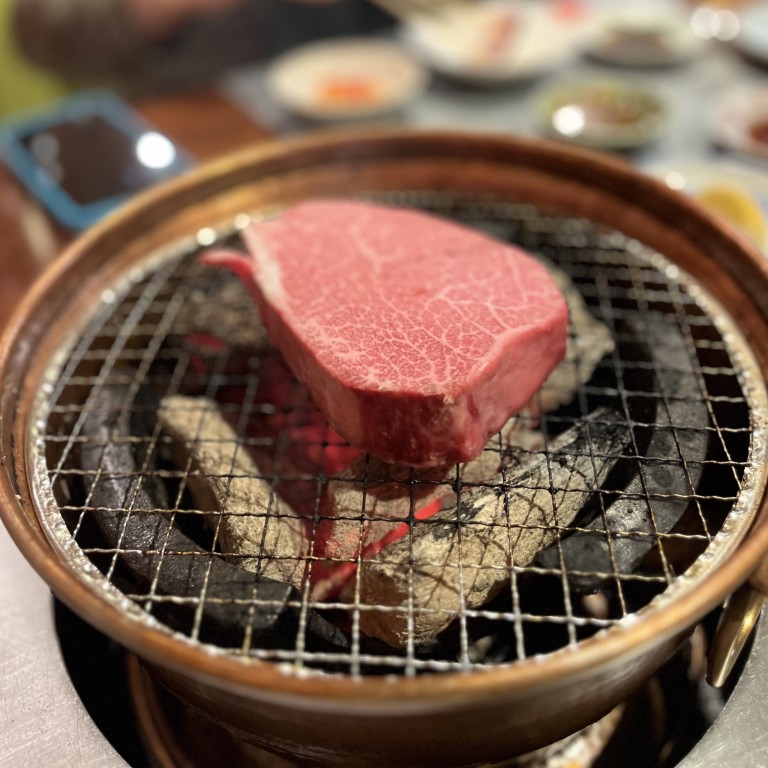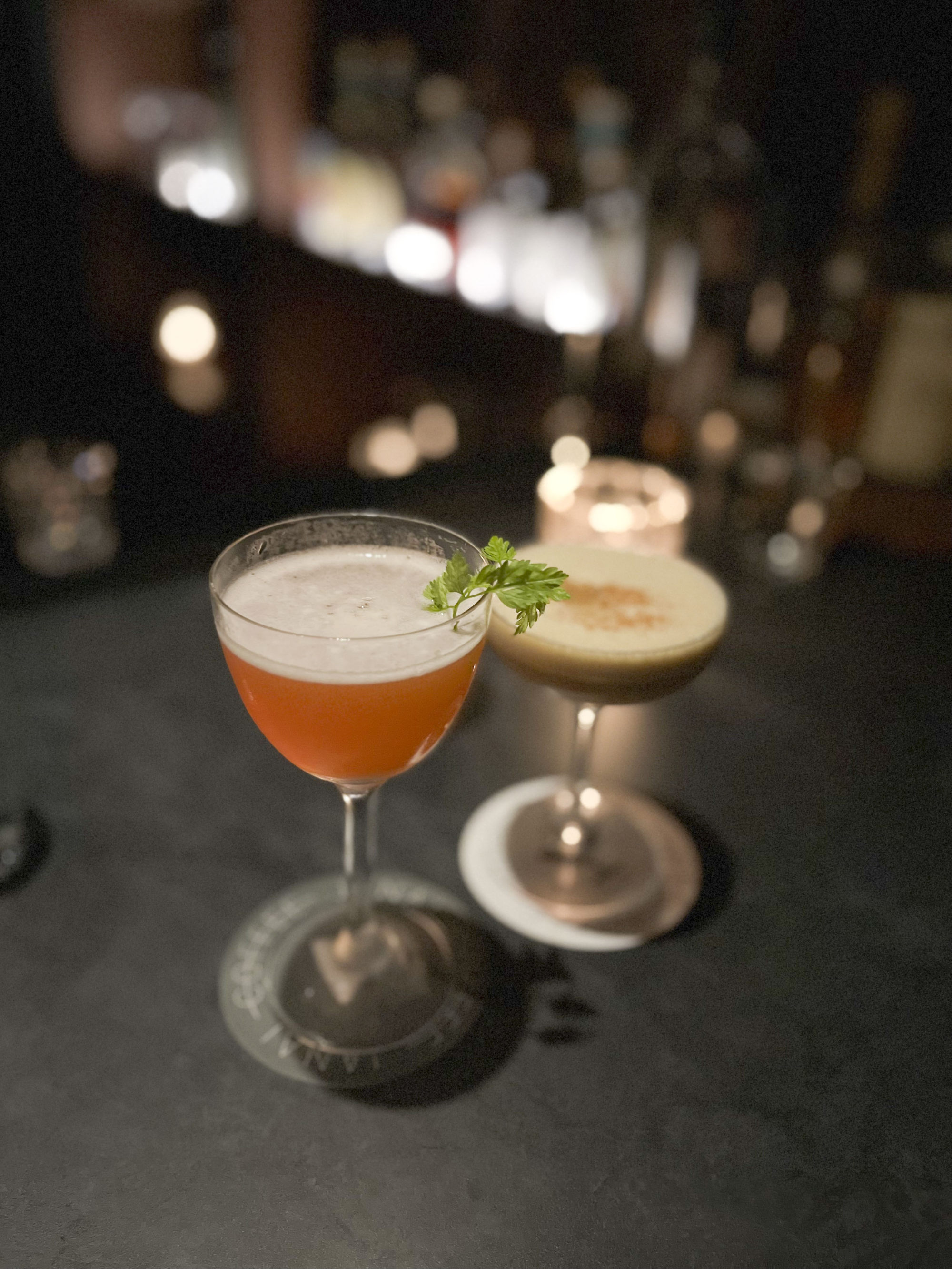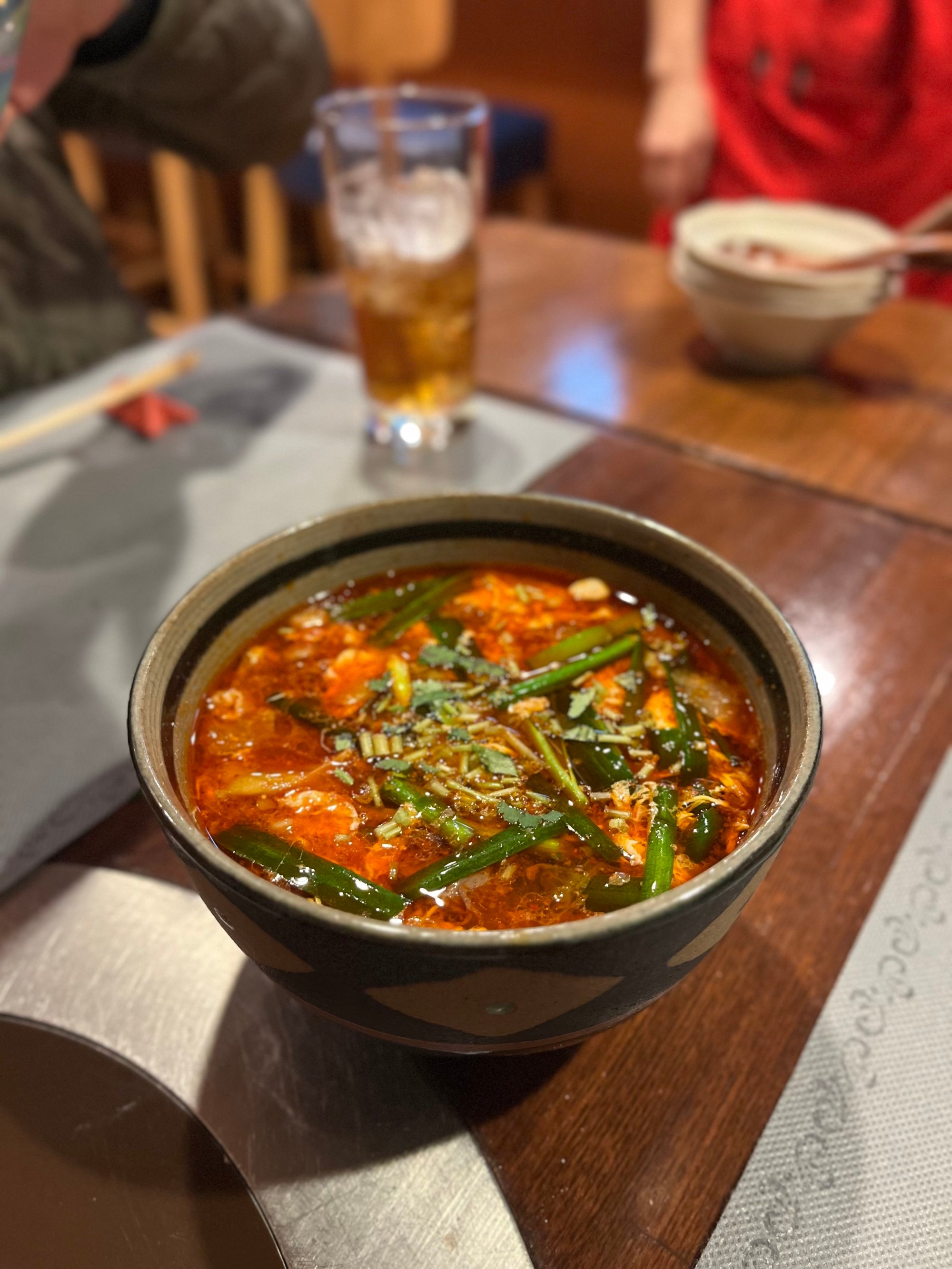
Social media posts can ruin ‘hidden gem’ restaurants; consider the impact before you share
- Posts on Instagram and elsewhere can give ‘secret’ restaurants fame they aren’t ready for, with bad results. Let’s share more considerately
As usual, I’m scrolling mindlessly through Instagram and I come across yet another breathlessly narrated reel about Tokyo’s best “secret” bars.
One is located behind a row of coin lockers typically found in Japanese train stations. The other is hidden behind a bookshelf in a tiny coffee bar, and there is a very specific way to unlock the booking page on its website to make a reservation.
I’ve been to the latter. Even after successfully booking a spot, when arriving at the bar you’re also meant to show exactly what you did to unlock the site in the first place, presumably to weed out the pretenders.
In the video, the influencer reveals exactly how to access both bars – spoilers, if you will, or like cheat codes that unlock hidden or hard-to-access levels in a video game.

“Stop. Nobody needs to know these ‘secrets’. Let people discover them for themselves,” pleads one commenter. I have to agree.
Maybe we need to start gatekeeping more. Hear me out.
The term has recently been joked about within my circle of food and beverage industry friends, who are growing tired of restaurant-recommendation culture.
While, in the past, it might have been seen as being cliquey and selfish to keep one’s favourite establishment a closely guarded secret, in the age of social media the snowball effect that can happen when one posts about a restaurant is now seen to sometimes do more harm than good.
We’ve all seen venues inundated with queues, which sometimes have a detrimental effect on quality as staff become stressed out by the unrelenting waves of Instagrammers/TikTokers/Xiaohongshu users.
In 2023, a friend booked me into a sweet little yakiniku restaurant in a quiet Tokyo neighbourhood which was one of her favourite haunts when she lived in the area.
Knowing my group’s penchant for posting about our food adventures online, she kindly asked us to refrain from doing so at this particular restaurant – or, at least, not to mention the name or location if we did choose to post photos of our meal.
It wasn’t because she wanted to keep it all to herself, but out of respect for the restaurant’s owners, who had told her that while they were happy to take reservation referrals from her, they would prefer not to be publicised on foreign social media.
With their limited English, they were worried about not being able to give non-Japanese speakers the experience every guest deserved.
There are always two sides to every coin. For every small venue grateful for the attention there might be others who might find their new-found fame a curse rather than a blessing.

At the end of the day, I didn’t need to post about the restaurant to enjoy it. I can’t help but think that, quite often, posting about a “hidden gem” is less for the benefit of the venue or their followers and more about the poster’s own personal clout. This is especially the case if the venue is already doing well within its community.
Interestingly, when we returned to the yakiniku restaurant a year later, the owners’ outlook had changed. They had been brushing up on their English, and had even hired a young English-speaking staff member. They started an Instagram account with information for overseas guests wishing to make a booking, and had translated large parts of their menu.
They explained that their restaurant had been posted about on Chinese social media platform Xiaohongshu and the understanding was that it was time to embrace their growing international fame.
I think what this tells us is that we need more simple communication. Does this venue want more attention? Is it struggling to get people through the door? Or are the owners content? Give venues the support they want when, and only when, they are ready for the world to see them.

